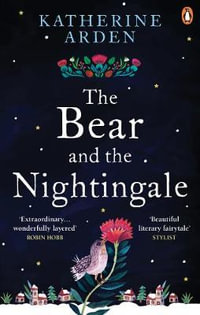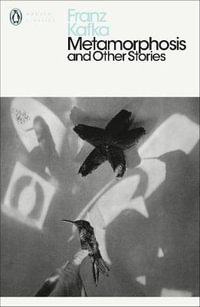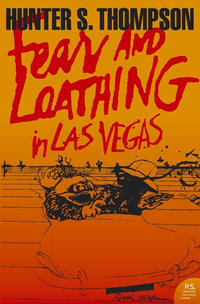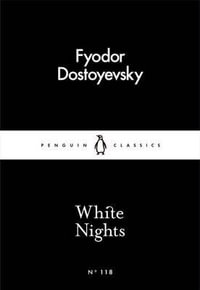As influential and revelatory in its day as Fifty Shades of Grey is now, Anaïs Nin''s Delta of Venus is a groundbreaking anthology of erotic short stories, published in Penguin Modern Classics
In Delta of Venus Anaïs Nin conjures up a glittering cascade of sexual encounters. Creating her own ''language of the senses'', she explores an area that was previously the domain of male writers and brings to it her own unique perceptions. Her vibrant and impassioned prose evokes the essence of female sexuality in a world where only love has meaning.
This edition includes a preface adapted from Anaïs Nin''s diary that establishes a context for the work''s gestation, and a postscript to her diary entries in which she explains her desire to use ''women''s language, seeing sexual experience from a woman''s point of view''.
Anaïs Nin (1903-1977), born in Paris, was the daughter of a Franco-Danish singer and a Cuban pianist. Her first book - a defence of D. H. Lawrence - was published in the 1930s. Her prose poem, House of Incest (1936) was followed by the collection of three novellas, collected as Winter of Artifice (1939). In the 1940s she began to write erotica for an anonymous client, and these pieces are collected in Delta of Venus and Little Birds (both published posthumously). During her later years Anaïs Nin lectured frequently at universities throughout the USA, in 1974 and was elected to the United States National Institute of Arts and Letters.
If you enjoyed Delta of Venus, you might like Stephen Vizinczey''s In Praise of Older Women, also available in Penguin Modern Classics.
''Anaïs Nin excites male readers and incites female readers ... and she comes against life with a vital artistry and boldness''
The New York Times Book Review
Industry Reviews
The unknown client who paid Anais Nin a dollar a page back in the 1940s to write erotica got his money's worth and to spare. After all, erotica is pornography with class, and Nih gives full measure of both: one feels her women who disrobe to some impetuous command were dressed in Paris, if not by Mainbocher at least in a Schiaparelli copy. Women wore garters then and men had buttons to their flies, articles now almost lost to the erotic imagination, as zippers and body stockings, too, will someday succumb to the march of progress. Nin boned up on Krafft-Ebing and the Kama Sutra to write these sensual episodes, and few rooms in the house of Eros are left unvisited, from pedophilia to sado-masochism. The truth is that she does it very well: slightly tongue-in-cheek, supremely unabashed - a woman of good family kicking up her French heels. This caviar was long denied the general public; once, no doubt, because of the puritanic temper of the times, and later because Nin feared that the words she wrote to order for a man (who proscribed poetry) would not throw any light on feminine sexuality. Luckily, she had second thoughts and released these pages before her recent death, and the only regret is that she won't be around to observe the delight they'll occasion. (Kirkus Reviews)

























